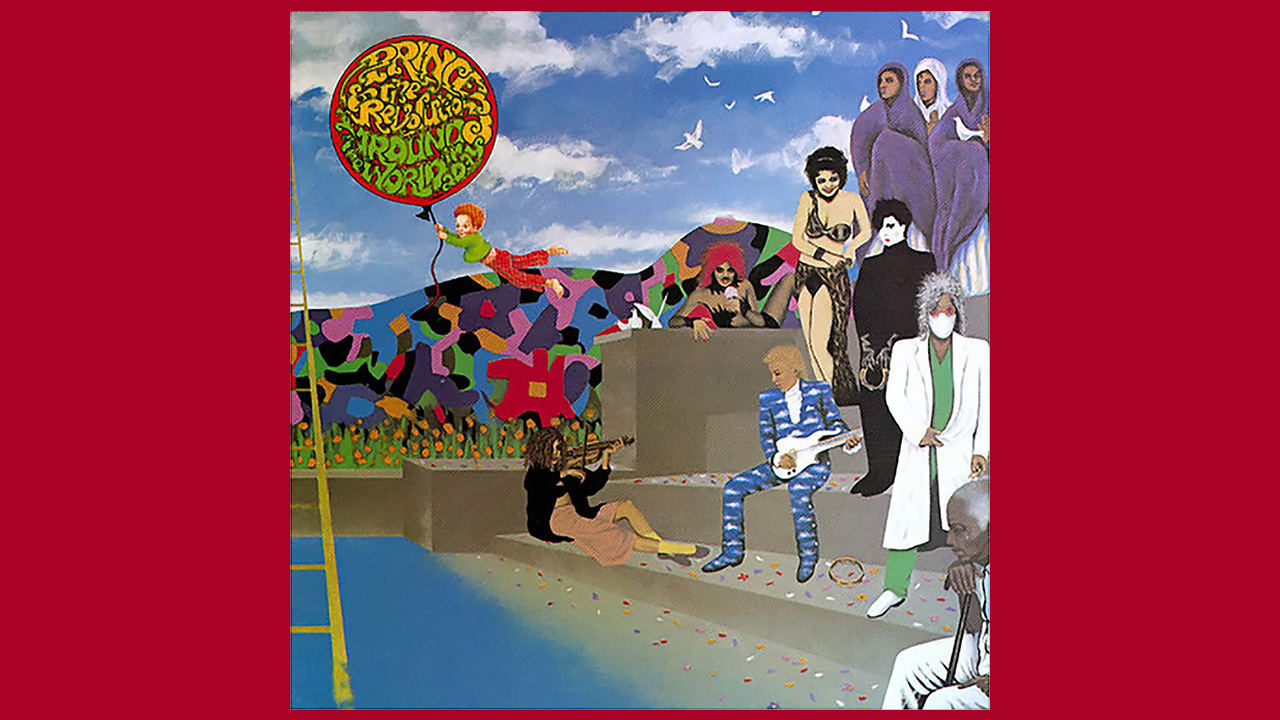If there is one characteristic that unites music under that slippery label, ‘progressive’, it is an artist’s desire to challenge themselves, their peers and their public by expanding their creative horizons beyond traditional rock and pop. And write concept albums about ladders, obviously. In that sense, Prince’s seventh studio album is textbook prog.
Just 10 months previously, the diminutive, multi-instrumentalist had delivered the global pop megahit he had long promised, in the form of 1984’s Purple Rain. So he could basically do what he liked.
With minimal fanfare, he released this nine-song set without even bothering with a single to precede it, preferring fans to hear the album as a whole entity – an archetypically progtastic move if there was one.
But more startling for Prince fans was his sudden embrace of psychedelia. To rock fans, Prince’s love of Hendrix and The Beatles was no surprise. But unsuspecting pop-pickers who dipped a toe into these swirling waters would immediately find out, tablas and strings opening the title track, as if confronted with the Arabian Nights house band with their drinks spiked. Even if our hero’s trademark histrionic soul screams and James Brown whoops still rooted the sound firmly in funk foundations, this was clearly a sharp turn towards left field.
The dreamy, cartoonish charms of Raspberry Beret and Paisley Park are soon offset by the percussive, squawking minimalist groove of Tamborine, the sneering grunt of America, and the celeb-baiting of Pop Life. This was clearly a man who now wanted more than just to get it on and get us on the good foot – he snuck in a little Sgt Pepper on the sleeve art, just in case you missed the sonic hints.
The sense that he was committing commercial suicide was heightened before releasing this album when he announced he would be retiring after its release “to look for the ladder”. This turned out to be an over-arching theme for the album, crystallised on The Ladder, which stated, ‘everybody’s looking for the ladder, everybody wants salvation of the soul’.
Even more terminal-sounding sentiments were expressed in the final song of the album, Temptation, where, over the course of a grinding, fret-frying, sax-squealing lustathon, our horny hero is confronted by Beelzebub himself, who denies Prince his wicked way, explaining, ‘you have to want it for the right reasons… you don’t, now die!’
Enter the dragon, exit Prince. Only of course, he was soon resurrected, with two even greater albums, Parade and Sign ‘O’ The Times – a creative journey that began on this barmy, brilliant album forged in the finest self-indulgent flames of the devil’s music.
